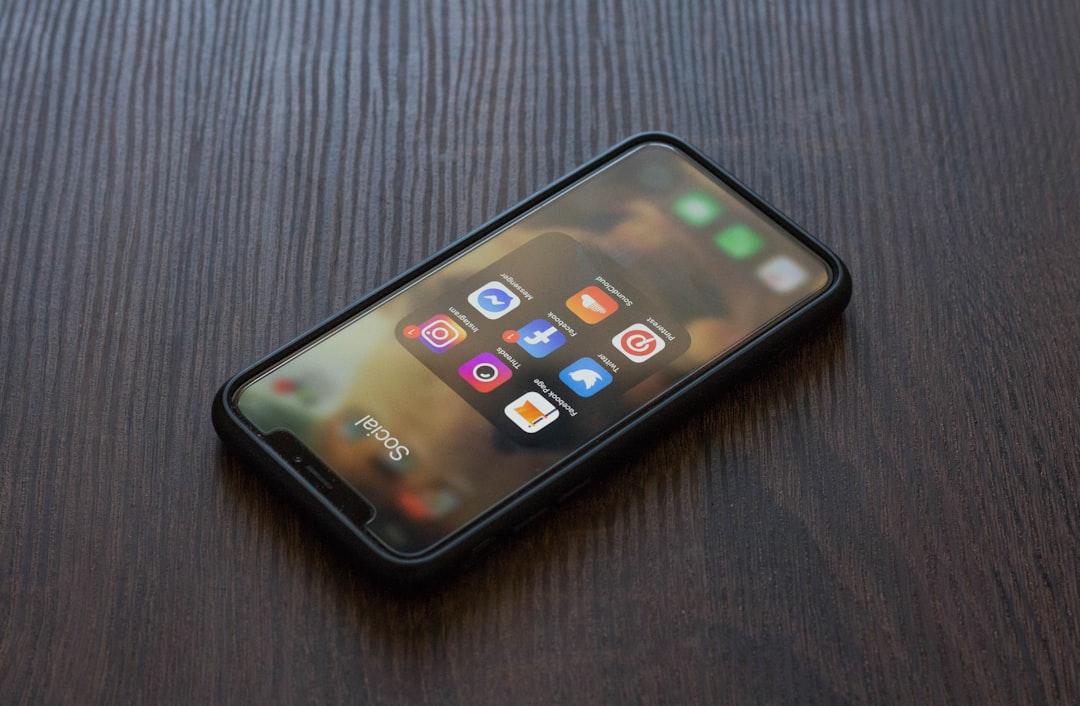When Money Ruins Media
Billionaires and capitalism are wrecking media and social media
I wrote last week about how billionaires, and the capitalist system that creates them, need to go. And just yesterday we saw the latest development in the long and ever growing billionaire assault on media. Elon Musk tweeted out that there will be a limit to how many tweets each Twitter user is able to see. Not how much you can post, but how much you’re able to read on a website that is known primarily for being a short-form, text based site. In other words he’s limiting the fundamental function of the site, at least for now. It’s akin to Jeff Bezos limiting how much you can buy on Amazon — antithetical to the apparent purpose of the platform itself. He might have made this remarkably stupid statement to cover for another mistake, or out of malice, it’s hard to know. What’s less tough to see is how the outcome of such a decision hobbles a platform crucial to millions of people for news, work, and a range of important connections and information. I have seen thousands of people get aid in times of needed and get vital updates about hurricanes and power outages and have witnessed all manner of friendships and relationships and independent media emerge on just this one social media app. I myself owe Twitter and many of its users a massive debt of gratitude for my current job, for my previous job, and for connecting me with many of you. And now Musk is making it worse, again.
I’ll try once more, to keep this short and to the point, especially because I’m sure many of you already get the point. Jeff Bezos not only owns Amazon, which controls an ever larger share of the book market, he also owns the Washington Post. Mark Zuckerburg owns Meta, including Facebook and Instagram. And Elon Musk owns Twitter, for now. Between them these three men are worth nearly half a trillion dollars, and their platforms have billions of users, so they have massively disproportionate sway over how people access information, and what information they have access to. There are countless other examples right now of media outlets shrinking, firing writers, and denying journalists good contracts. Many of these outlets are owned by venture capital firms or wealthy individuals, and are hampered by the need to turn a profit. And of course there are other specific billionaires like Rupert Murdoch or Larry Page and Sergey Brin who, in different ways, have had undue influence over the spread and flow of information, which is problem enough in and of itself. A handful of the wealthiest people on Earth should not be the ones controlling the flow of information.
But they can and do control it, for many reasons. The first reason I want to get at here is that our concept of democracy is very limited. Setting aside for a brief moment the tremendous problems with our electoral system, there’s an even broader issues at play in this country which is that we think voting means democracy. But one person one vote simply can’t hold up against a system where a handful of people have as much wealth as the poorer half of the country all put together. We know that from the money billionaires and millionaires and their corporations spend on elections, the money they spend lobbying politicians, and the outcomes we see from a system where politicians can be bought and paid for. But we also see it with billionaire owned media. First we saw Facebook become a haven for election misinformation, then vaccine misinformation, and then we saw the richest man on Earth take over Twitter and allow that same misinformation to flourish on there as well. And people get their news on social media now second only to television, which of course has its own problems.
Actually, television has the same problem. It is the problem of concentrated wealth in a capitalist system, which means a handful of people who benefit from the erosion and destruction of democracy control the airwaves and most of the media at large. This problem is only compounded by the fact that they use media as another source of profit, which means they give screen time and airtime to the most sensational stories, and candidates, not to the information we need or could learn from. In short, unregulated capitalism both makes current events and the dissemination of information into for-profit (read, entertainment) industries, and hands those industries to the wealthiest in society whose interests differ vastly from the rest of us. What Elon Musk is able to do with an important technology that has functioned for over a decade like an international public square, despite its many imperfections, is just the latest and one of the more dramatic examples of this harmful phenomenon.

Moving forward we need to be clear that media and social media should not be sites of exploitation and profit-making. For one, organs like Twitter have served vital purposes in emergencies around the world like raising funds to evacuate people, rebuilding after disasters, and in getting accurate information out about these events. It’s also brought networks of advocates together, sparked protests, and led to the creation of important organizations. Other social media platforms have also performed some of these functions, and many people, typically users who stand to make no profit from the time and energy they contribute, put in hours of labor to help folks around the globe while the owners of the platform make money off their hard work. This arrangement is both unjust and unsustainable. Unjust in that this for-profit arrangement means that we are the product on social media, and our hard work on the platforms often goes uncompensated, and unsustainable in that as the owners of the platforms strive to make more money they often destroy the components of these sites that made them beneficial to society, as Elon is doing now.
So we should have a clear goal of non-profit status or public control of all existing social media. These apps can do harm, and can be unhealthy, but the potential for public good is also undeniable. And as public resources they should not be run for profit and should ideally be controlled by the user base itself. We see how a core organ of the internet, Wikipedia, has largely thrived using a model that operates these lines, and although we know it would take a tremendous amount of work we should strive to divorce all social media from the pursuit of profit as well. We have seen and are seeing where that takes us, and where it takes society at large.
Ultimately, there will have to be a reckoning. The billionaire assault on information, public discourse, and democracy are not sustainable. This outgrowth of a capitalist system where a few people hoard massive amounts of wealth at the expense of the majority of the population, and the power that comes with the wealth, is not sustainable. It is very literally making our one and only planet less inhabitable, and instead of turning towards redistribution or any solution that involves the dispersal of their hoarded riches they are towards instead towards an increasingly overt embrace of fascism. From Trump to Musk to Peter Thiel the billionaire class has lurched towards the far right and fascism rather than socialism or even the reform of capitalism. Each day we get another reminder that we must build working class power from the ground up. We must build militant unions and strong communities and dual power, aiming for the full alternative institutions that requires. That is our path forward, away from a radically oppressive and nightmarish future and towards a radically egalitarian and livable one.



You know that social media alternatives are getting overwhelmed by Twitter refugees escaping the ruinations by big money when the confirmation email you’re waiting for after signing up on Mastodon takes hours to even a day to come.
It's not at all stupid but very logical given his goal is rendering this platform useless that's why it was bought by those who put the money up for it. Bumbling billionaire is a useful cover.